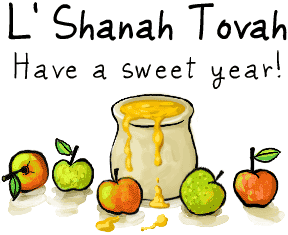 |
| Atlanta homeless man's nativity scene he made and donated to the Dean of the Cathedral of St. Philip |
I first published this post December 8, 2011.
I tagged along with Jonathan to Atlanta's Church of the Epiphany to listen to his choir rehearse their holiday concert. In the church entrance, I chanced on an exhibit of nativity scenes featuring a collection assembled from a collector's global travels and gifts received. While many scene creators used high-end materials (crystal, gold, enamel), the simplest, "poorest" materials (scraps of straw, newspaper, wood, fiber, and wool) attracted me most. And the homeless man's arrangement of stones (shown in the photo above) triggered my longest pause and reflection.
Two more scenes among my favorites.
 |
| Native American |
 |
| South American |
Church of the Epiphany
2089 Ponce de Leon Avenue
Atlanta, GA 30307
Related posts










